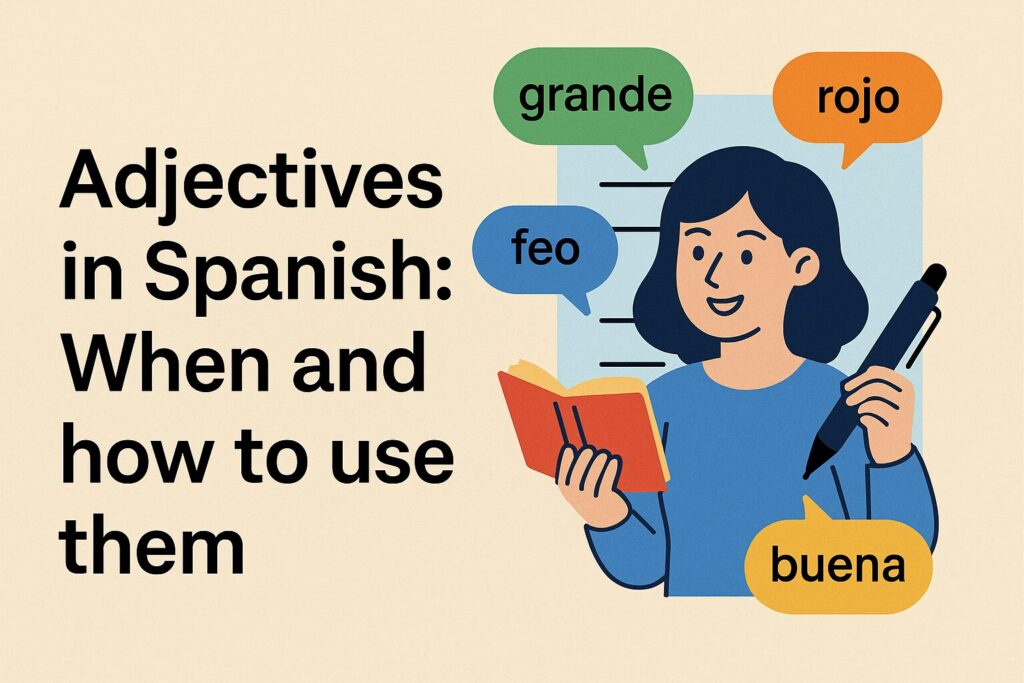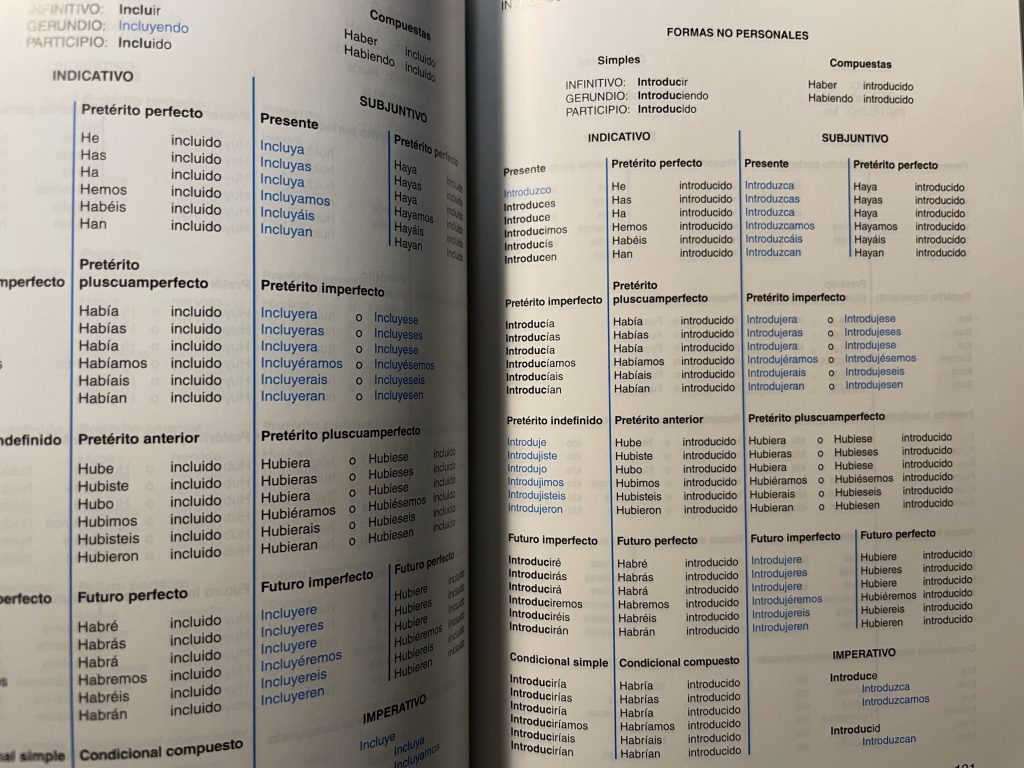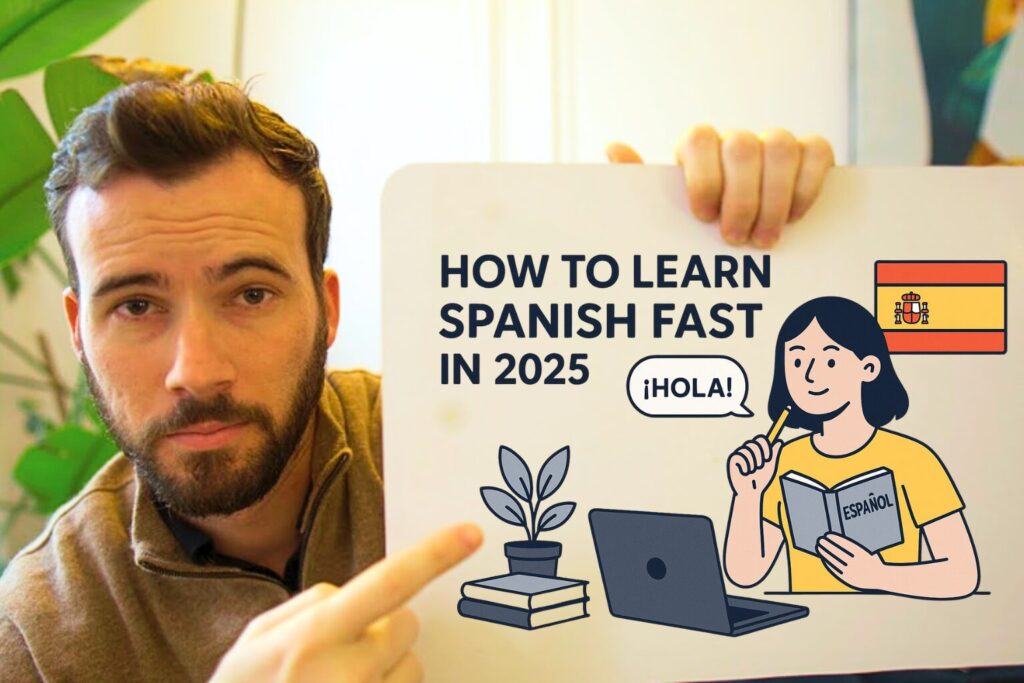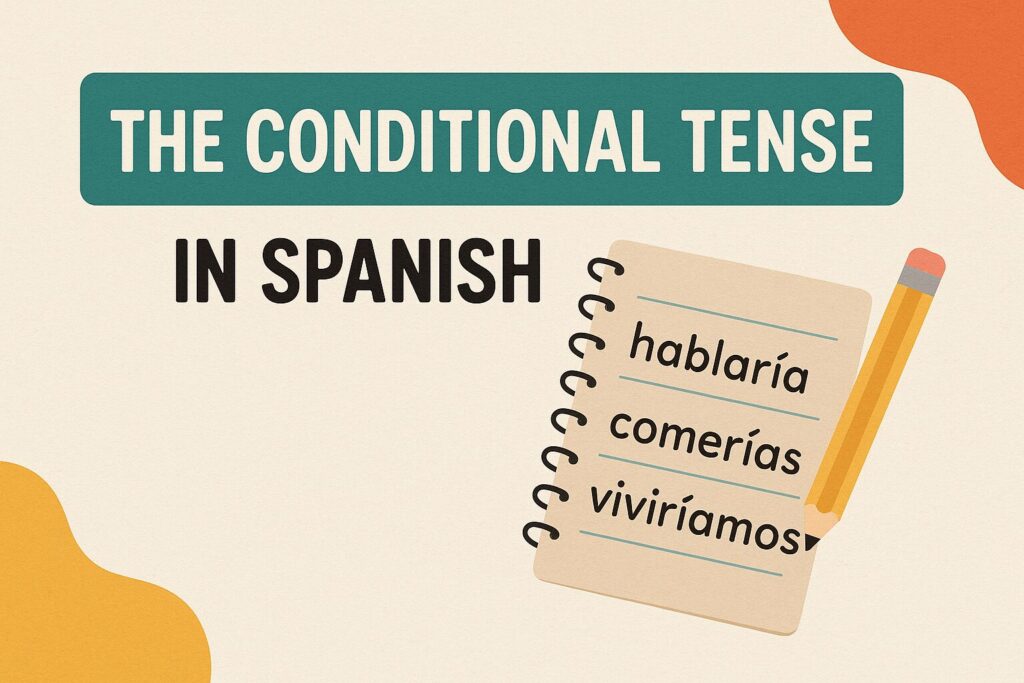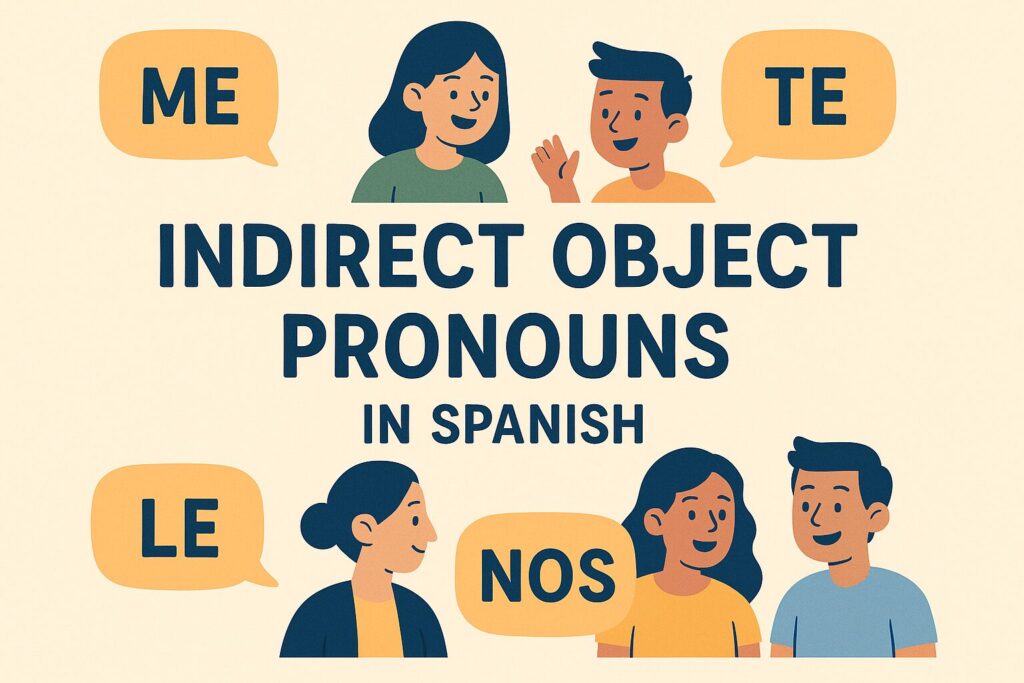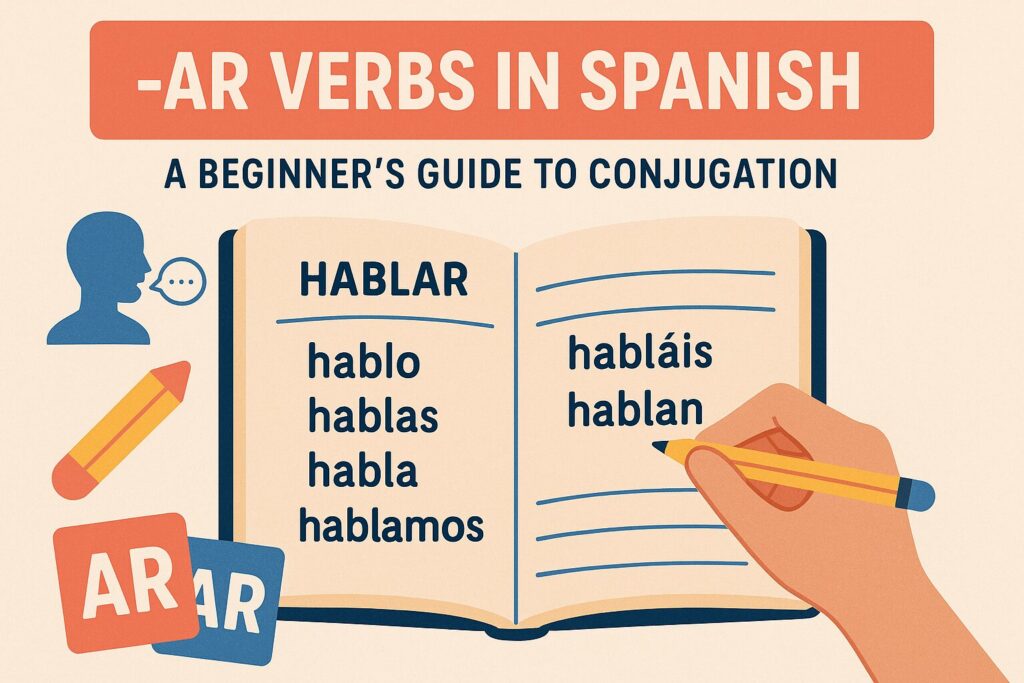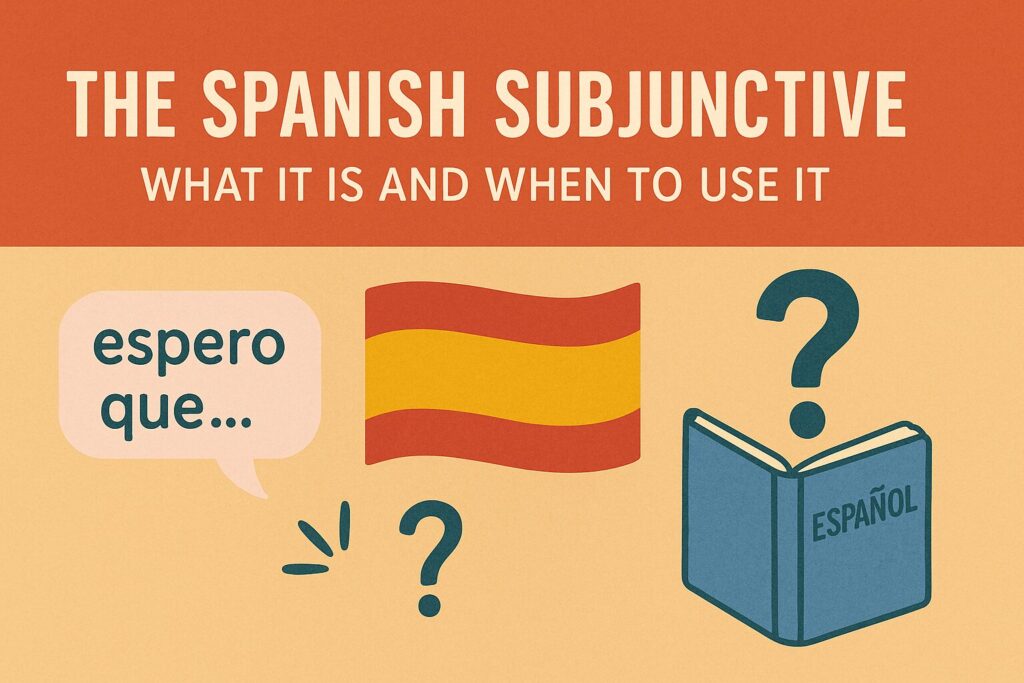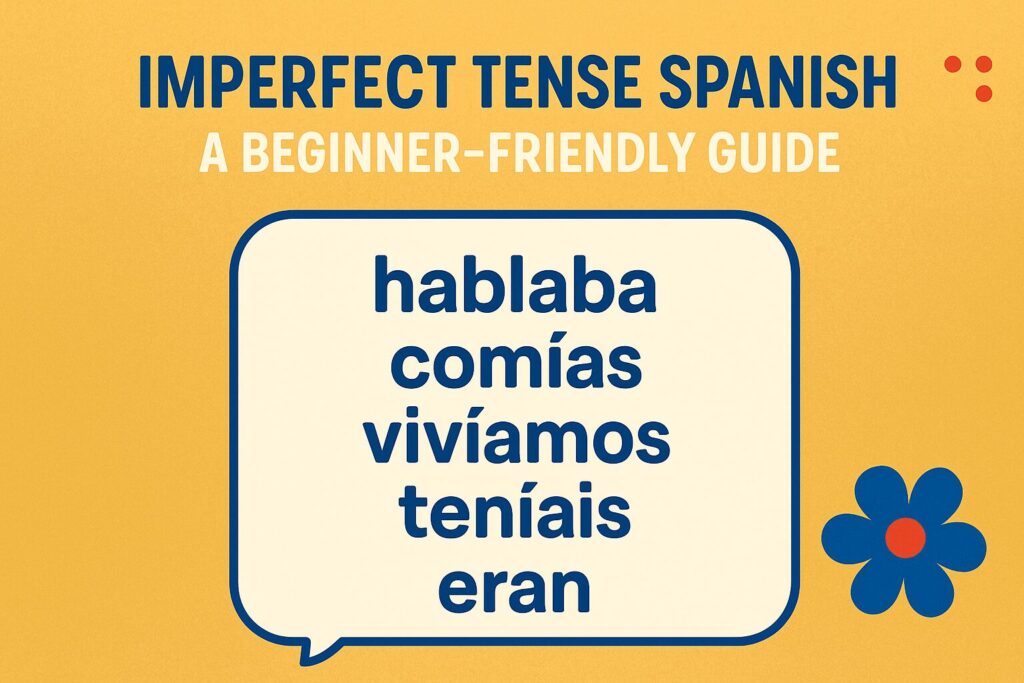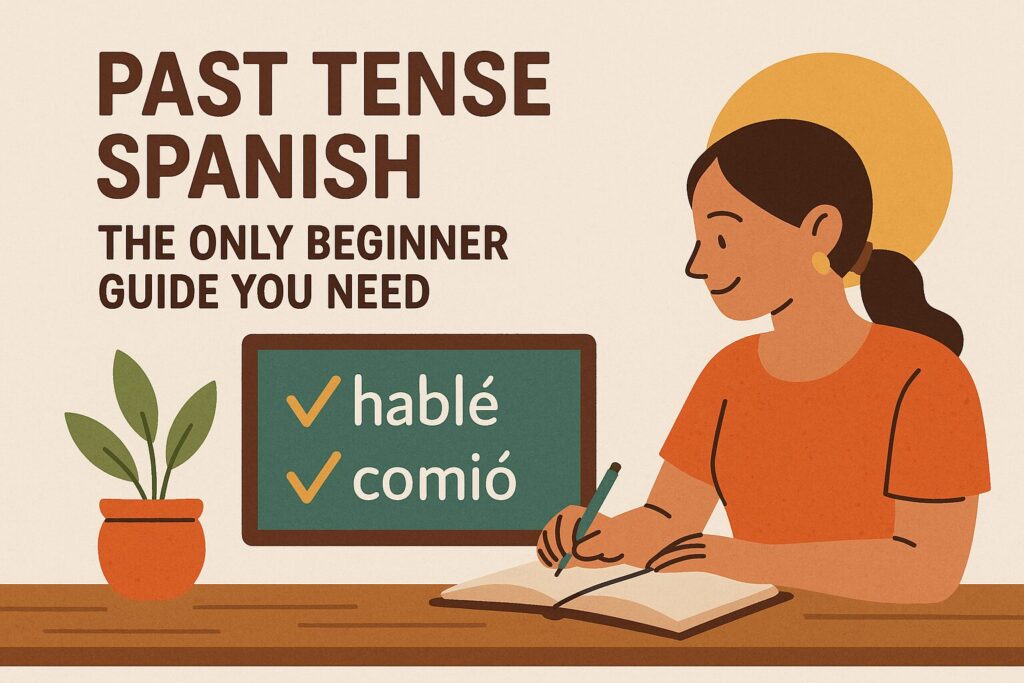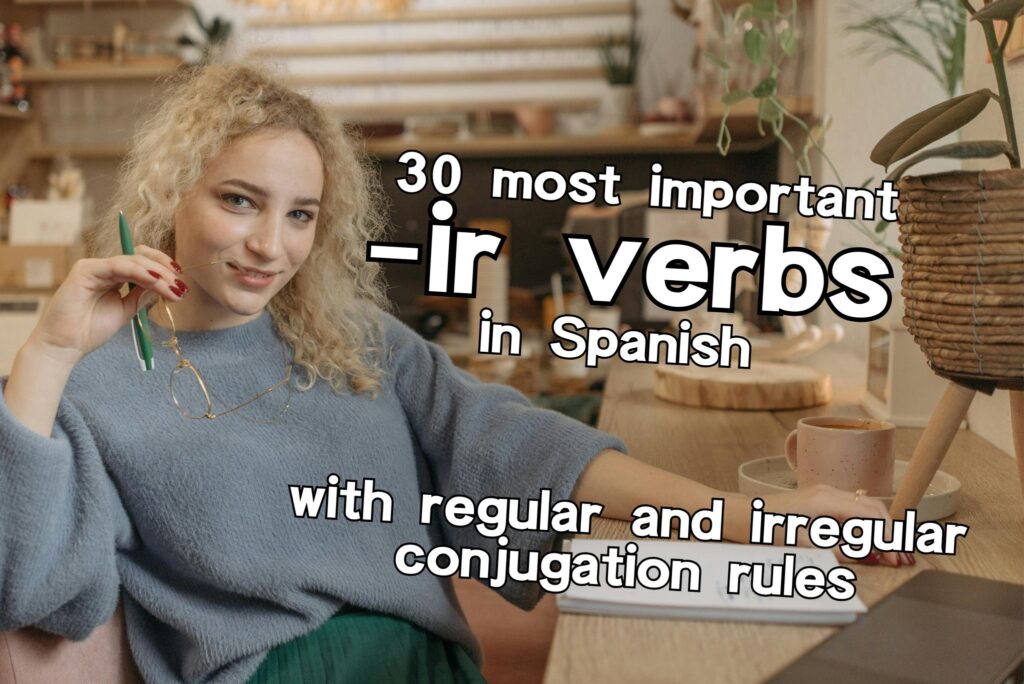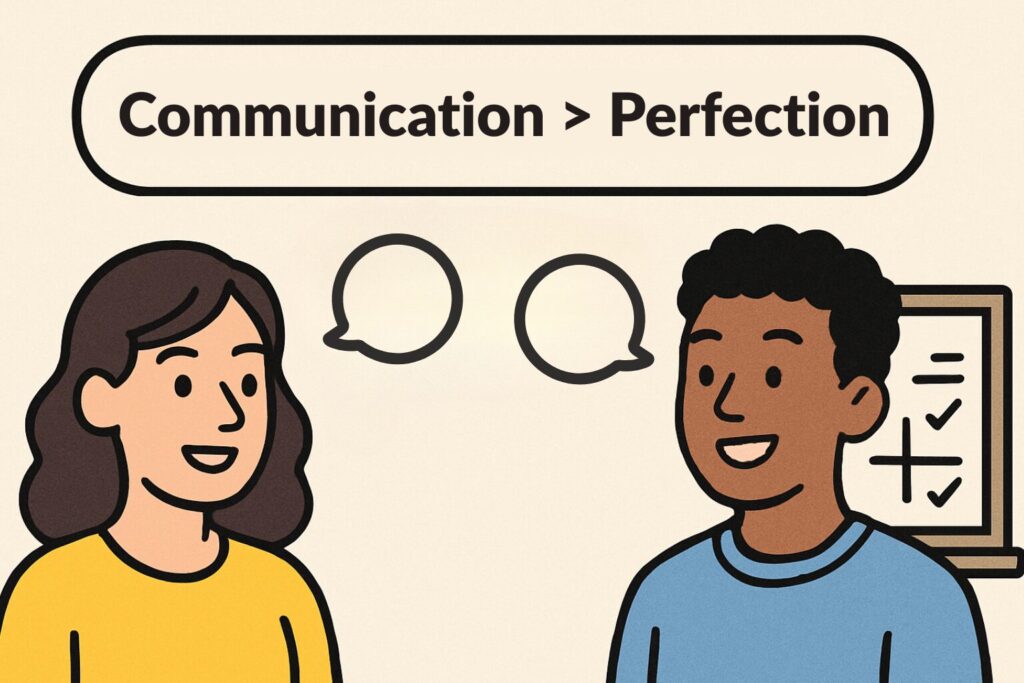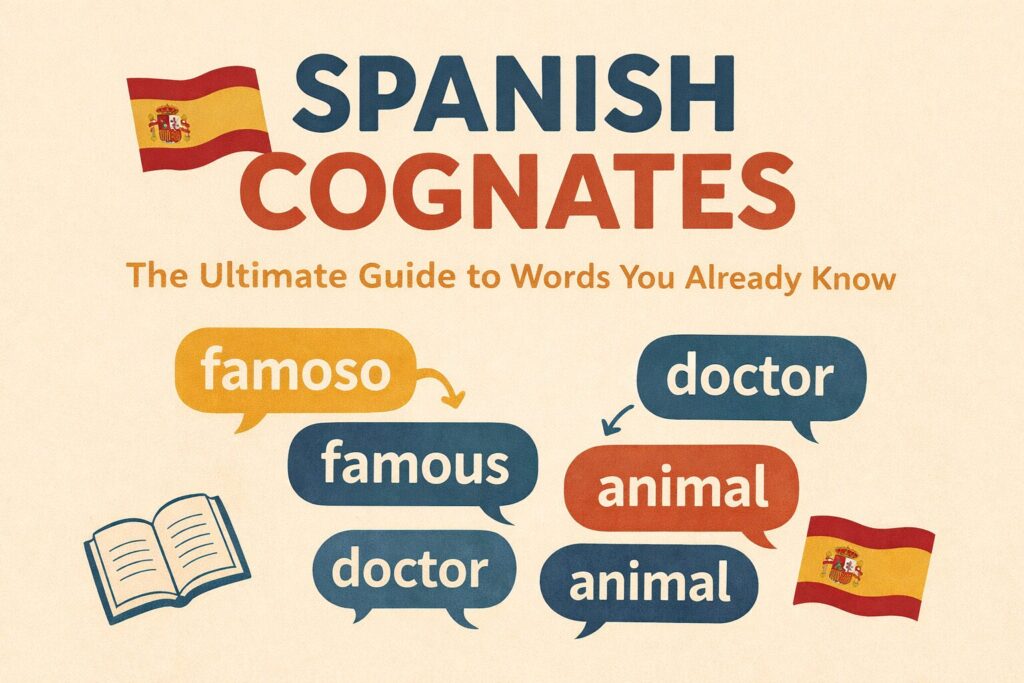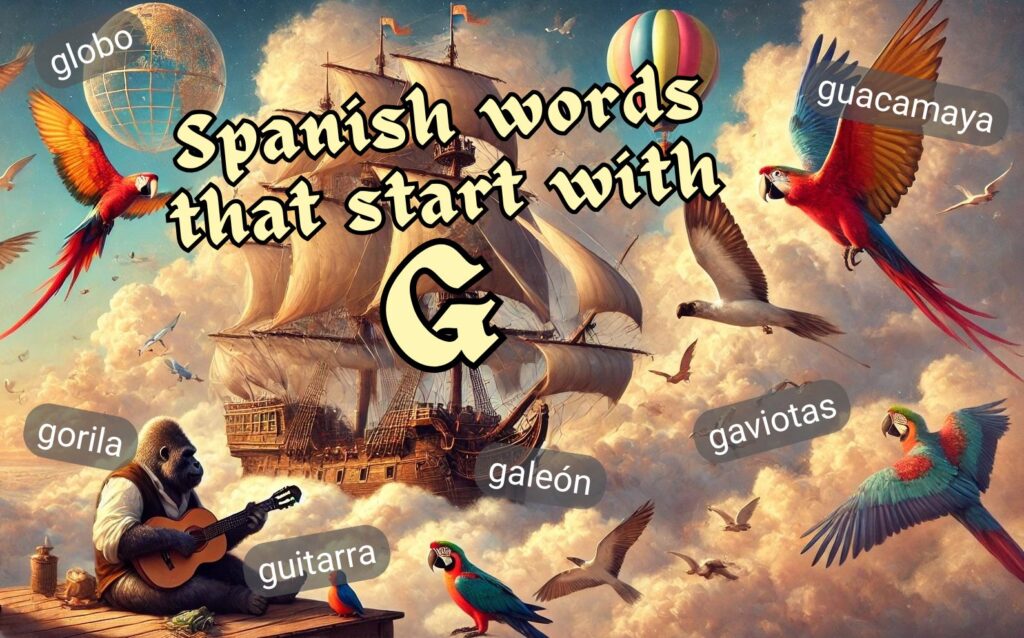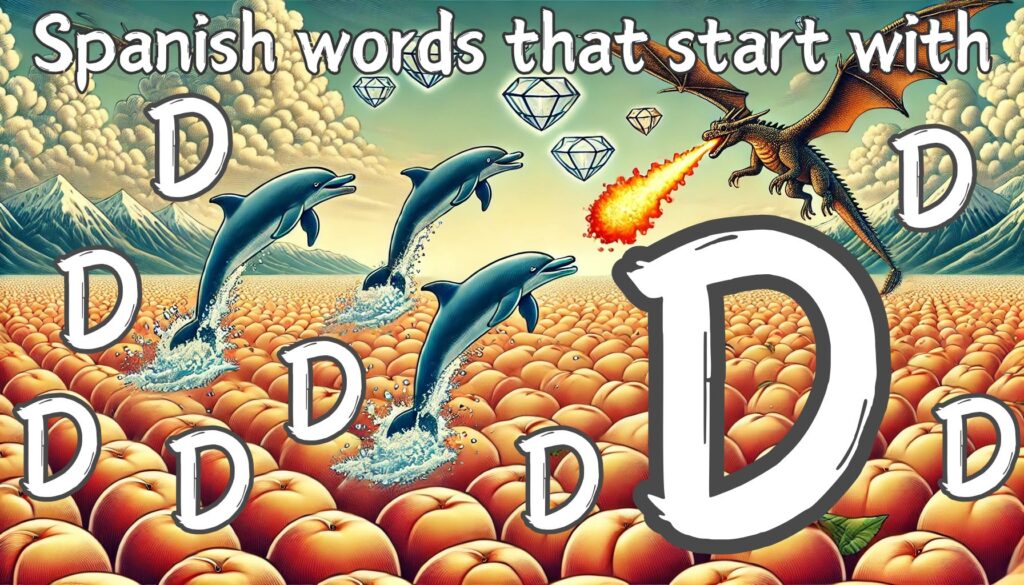app.baselang.com/onboarding
Get our FREE 7-day email course:
SHORTCUT TO CONVERSATIONAL
The exact strategies you need to become conversational in Spanish this year:
Sorry, it looks like there was an error. Please try again.

Top posts
A Guide to the Differences Between the Spanish Verbs Ser and Estar
To be or to be? That is the question. In this post, we explain the difference between the two Spanish verbs for to be:...Keep readingAll the Spanish Verb Tenses, Explained in One Big Post
One key to natural fluency in a new language is the proper use of its verb tenses. While it takes some time to learn...Keep readingHow to Learn Spanish Fast in 2025
I still remember when I decided to learn Spanish, a little over ten years ago. I had failed miserably at every other attempt at...Keep reading
Basic Grammar
See all postsThe Conditional Tense in Spanish: Complete Guide (+ Examples)
The conditional tense in Spanish is the form that expresses: What would happen, what could happen, or what someone would like to happen. English...Keep readingIndirect Object Pronouns in Spanish: Our complete how-to guide
Spanish indirect object pronouns can seem tricky because they’re tiny, they often change position, and English works differently. They answer “to whom?” or “for...Keep readingAR Verbs in Spanish: A Beginner’s Guide to Conjugation
Spanish verbs like hablar, bailar, and nadar belong to the largest group of verbs in the language: -AR verbs in Spanish. Since most verbs...Keep readingThe Subjunctive in Spanish, Simplified For Beginners
If the words “Spanish subjunctive” make you want to run for the hills, you’re not alone. It’s one of the most dreaded topics for...Keep readingAdjectives in Spanish: When and how to use them
Adjectives in Spanish describe a person, place, or thing just like in English. For example, in English, you might say “a small cat” –...Keep readingThe Complete Guide to Telling Time in Spanish
Learning how to tell time in Spanish is one of those must-have skills for everyday conversations. You will use it to catch a bus,...Keep readingWhat is The Imperfect Tense in Spanish? A Beginner-Friendly Guide
The imperfect tense in Spanish (pretérito imperfecto) is one of the most accessible verb tenses you’ll encounter. You can think of the imperfect as...Keep readingReflexive Verbs In Spanish: The Only Guide That You Need
Reflexive verbs in Spanish can be tricky to learn, and even more difficult to adapt naturally into your conversation. Mastering them is an important...Keep readingPast Tense Spanish: The Only Beginner’s Guide You Need
Spanish past tenses can feel like a labyrinth at first glance. Many forms, tricky conjugations, and the preterite versus imperfect dilemma can cause confusion....Keep readingListed: The 30 most common IR verbs in Spanish
Even if you’re just beginning to learn Spanish verbs, you probably know that they can be broken down into three groups by their endings:...Keep reading
Study Tips
See all postsHow to Learn Spanish as a Beginner: The Complete Guide That Actually Works
If you’re constantly wondering ‘how can I learn Spanish as a beginner?’ then keep reading this post, because it doesn’t need to take years....Keep readingWhat is the Easiest Way to Learn Spanish (Without the Frustration)?
You’ve downloaded apps, bought courses, maybe even started a few classes. But here you are, still asking: What is the easiest way to learn...Keep readingGet to know the AP Spanish Exam ahead of time
The AP Spanish Language and Culture Exam date is coming up fast, so students across the country are making the most of this home...Keep readingTop Language Study Tips for the AP Spanish Exam
As the AP Spanish Language and Culture Exam date approaches, students across the country are looking for the best ways to prepare. You’ve come...Keep readingHow to Learn Spanish Fast in 2025
I still remember when I decided to learn Spanish, a little over ten years ago. I had failed miserably at every other attempt at...Keep readingRAE Spanish: What is the Royal Spanish Academy?
The Royal Spanish Academy (RAE) plays a crucial role in the Spanish-speaking world, exerting a heavy influence on the language for both native speakers and...Keep readingThe Best Disney Movies in Spanish: A Magical Cinematic Journey
Disney movies have captivated audiences worldwide with their enchanting stories and beloved characters, from princess movies to funny family movies where everything turns out...Keep readingHow to Type Spanish Accents: Keyboard shortcuts and Copy-paste list
Ok, I know what you’re thinking… Instead of a language lesson, this entry is just focused on how to type Spanish accents on Mac...Keep readingHow To Speak Spanish Like A Native: Listen And Mimic
In a separate post, I wrote about grammar, in the sense of things that actually have rules and can be taught. But when it...Keep readingSpanish Listening: How to Understand People When They Talk Fast
If there was a bane of every Spanish-learner’s existence, it would be this or conjugations. Understanding people when they speak fast is not only...Keep reading
Vocabulary
See all postsSpanish Cognates: The Ultimate Guide to Words You Already Know
Starting a new language can feel overwhelming, but Spanish gives you a surprisingly generous gift right from the beginning with Spanish cognates: a whole...Keep readingTe Quiero vs Te Amo: How to Say I Love You in Spanish
Learning to say “I love you” in Spanish is a tiny bit more layered than in English. There are two main phrases, and they...Keep reading50 Spanish Curse Words: A Hilarious Guide to Swearing
Of course you want to learn curse words in Spanish! It’s a rite of passage for language learners and something we are curious about....Keep readingFunny Spanish Phrases: 26 random expressions you’ll hear from native speakers
When you start learning a new language, it’s always good to know phrases that native speakers use. In this post, we’ve gathered 26 funny...Keep readingFalse Cognates in Spanish: 160 words that English speakers always get wrong
Many words in English and Spanish share common roots, so their meanings are often easy to deduce. Can you translate “un festival de música...Keep readingSpanish words that start with G: Giant gorillas and glorious galleons
Spanish words that start with G offer a glimpse into various aspects of life, from animals and places to everyday objects and actions. In today’s...Keep readingBy The Way in Spanish: 7 smooth transition phrases
How do you say by the way in Spanish? In English, this is one of those indispensable phrases that allows for smooth transitions in conversation,...Keep readingHot in Spanish: From Calor and Caliente to Sexy and Picante
In Spanish, expressing the concept of hot can vary wildly depending on the context. The most common words for saying hot in Spanish are calor and caliente, but they aren’t used...Keep readingSpanish words that start with C: Caballos corriendo con un cielo carmesí
The letter C is one of the most dynamic and versatile letters in the Spanish language. From simple everyday words to technical or poetic expressions,...Keep readingSpanish words that start with D: Delfínes, Dragónes y Diamantes
Exploring the Spanish alphabet can be a delightful journey, especially when coming across specific letters and their unique contributions to vocabulary. Among these letters are Spanish...Keep readingThis blog is presented by BaseLang: Unlimited Spanish Tutoring for $179 a Month. Learn more here.
Your First Week Is Just $1.
After that, it’s just $179/mo for unlimited one-on-one tutoring.
Remember, the worst case scenario is you get a few free classes, don’t like it, and end up with an extra $20 in the bank.
SIGNUP NOW for $1